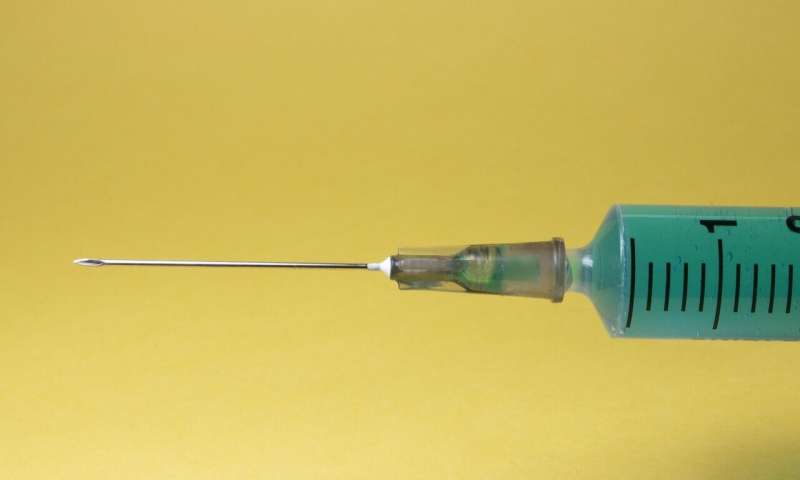Early Intervention in Youth Obesity Can Significantly Reduce Hypertension and Prediabetes Rates

Preventing and treating obesity in adolescents and young adults can substantially lower rates of hypertension and prediabetes, according to recent research. Early intervention is key to improving long-term health outcomes. Source: https://medicalxpress.com/news/2025-08-obesity-young-people-hypertension-prediabetes.html
A recent study published on August 28, 2025, highlights the crucial impact of preventing and treating obesity among adolescents and young adults. Led by medical student Ashwin Chetty from Yale University, the research utilizes publicly available data from the National Health and Nutrition Examination Survey (NHANES) to evaluate how obesity contributes to common conditions such as hypertension, prediabetes, and dyslipidemia within this age group.
The findings suggest that a substantial proportion of these obesity-related conditions—around 20-35% in adolescents and approximately 40% in young adults—are attributable to obesity. Chetty emphasizes that eliminating obesity could markedly decrease the prevalence of these health issues, thereby improving long-term health outcomes.
Obesity is known to cause certain conditions like hypertension; however, many individuals with hypertension do not harbor obesity. This indicates that obesity is a significant, but not exclusive, factor. Understanding how much of certain conditions are directly caused by obesity helps in estimating the potential impact of preventive measures and early treatments.
Chetty's earlier research focused on older populations, but inspired by collaborations with peers in pediatrics, he expanded his work to include younger demographics. His team’s research demonstrates the importance of preventive strategies in youth, as early interventions could substantially lower the future burden of chronic diseases.
The study promotes a holistic view that involves combining insights from both adult and pediatric medicine, highlighting that a multidisciplinary approach can better address the roots of obesity-related health issues. Chetty advocates for increased investment in early prevention programs, noting that such measures are not only beneficial for health but could also reduce healthcare costs over time.
James Nugent, MD, MPH, underscores Chetty’s innovative approach using publicly accessible data and mentions the rarity of such academic productivity in prominent journals like JAMA Pediatrics. The research also points towards future directions, including evaluating the cost-effectiveness of early interventions and their role in reducing long-term health care expenses.
Ultimately, the evidence advocates for proactive efforts to combat obesity early in life, which could lead to a significant decline in conditions like hypertension and prediabetes in the population of youth and young adults.
Stay Updated with Mia's Feed
Get the latest health & wellness insights delivered straight to your inbox.
Related Articles
Chickenpox Vaccination Policies: UK Approves the MMRV for Under-Fours Amid US Restrictions
The UK and US adopt contrasting policies on chickenpox vaccination for young children, with the UK approving the MMRV vaccine to enhance coverage, while the US restricts its use due to safety concerns. Learn about the implications for public health and childhood immunity.
New Biologic Treatment Significantly Improves Outcomes in Severe Pulmonary Hypertension
A groundbreaking clinical trial shows that early use of sotatercept, a biologic drug, significantly reduces symptoms and hospitalizations in patients with severe pulmonary arterial hypertension, promising improved outcomes and earlier intervention benefits.
New Study Reveals Lasting Brain Oscillations Induced by Psilocybin in Rats
A new study reveals how psilocybin induces lasting neural oscillations in the rat prefrontal cortex, highlighting potential mechanisms behind its therapeutic effects on mental health.



